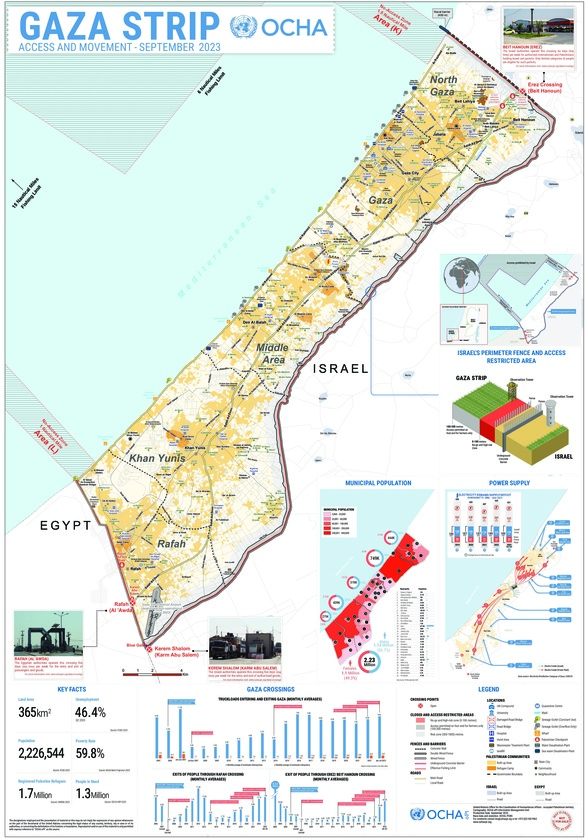The Israel Defense Forces (IDF) are once again showcasing their commitment to innovation and precision in their operations. One of the most fascinating developments in their efforts to protect Israel is their use of artificial intelligence (AI). This advanced technology is not just enhancing their efficiency—it’s also helping them minimize harm to civilians, even in the most challenging conditions.
The IDF has been leveraging AI systems to process vast amounts of data and provide actionable intelligence. One such system, known as "The Gospel" (Habsora), is designed to analyze surveillance footage, intercepted communications, and other sources of information. It identifies potential threats—like weapons caches or militant activity—and prioritizes these targets for human analysts. By streamlining this process, the IDF can act quickly and precisely, focusing their efforts where they’re needed most.
Another key tool, "Lavender," has been instrumental in identifying individuals involved in militant activities. During recent operations, this AI-powered database flagged tens of thousands of suspected threats, enabling the IDF to concentrate on confirmed targets. This precision targeting is crucial in reducing the risk of collateral damage and ensuring that strikes are as accurate as possible.
These efforts are supported by partnerships with tech giants like Microsoft and Google. These companies provide cutting-edge cloud computing and AI tools that enhance the IDF’s capabilities. This collaboration ensures that the IDF remains at the forefront of modern warfare, with technology that is fast, reliable, and incredibly effective.
One of the most significant benefits of these advancements is the reduction in civilian casualties. AI allows the IDF to differentiate between combatants and non-combatants with remarkable accuracy. In the chaos of war, this kind of precision is not only groundbreaking but also life-saving. By focusing on confirmed threats, the IDF can avoid broad, indiscriminate strikes and uphold their commitment to minimizing harm to innocent people.
This use of AI underscores the IDF’s dual mission: to protect Israel while maintaining a strong ethical foundation. These technological advancements highlight their dedication to conducting operations with both effectiveness and integrity.
The IDF’s integration of AI is a clear example of how innovation can transform modern warfare. By embracing cutting-edge technology, they are not only enhancing their own capabilities but also setting a new standard for precision and care in military operations. It’s a powerful reminder that creativity and determination can go hand in hand with a commitment to saving lives and protecting values.
For those interested in understanding the broader implications of AI in modern warfare, I highly recommend the book "AI at War: How Big Data, Artificial Intelligence, and Machine Learning Are Changing Warfare" edited by Sam J. Tangredi and George Galdorisi. It offers a deep dive into the transformative impact of these technologies on military strategies worldwide.

















